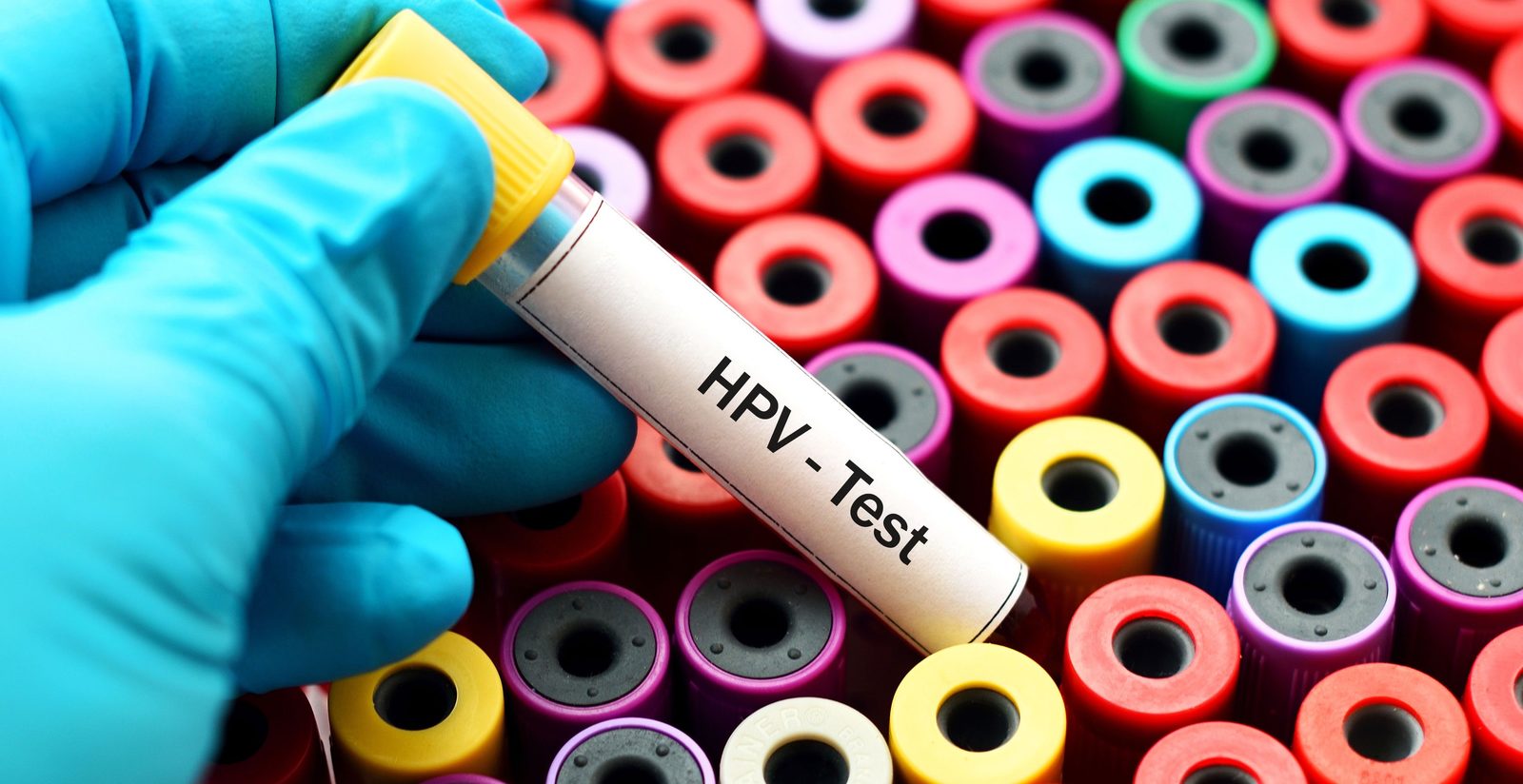
HPV infection rates in England are lower than expected, the University of Sheffield has discovered.
The study found 2.2% of people in England have the human papillomavirus (HPV).
Previous studies in Scotland and the USA found infection rates to be at around 3.7%.
‘Previous studies have been US-focused or in smaller UK studies in London or Scotland,’ Dr Vanessa Hearnden, from the department of materials science and engineering at the University of Sheffield, said.
‘This is the first study in the north of England and found lower rates of oral high-risk human papillomavirus infection.
‘We support the newly announced HPV vaccination programme for boys, which will reduce the risk of HPV related cancers including throat cancer in men and will provide further prevention of cervical cancers through herd immunity.
‘However, we found the majority of individuals testing positive for high risk strains of HPV were positive for strains other than those covered by the current vaccine (HPV 16 and HPV 18).
‘This shows the need to consider newer vaccines that protect against HPV strains in the future.’
Risk factors
Smoking and sexual behaviour are risk factors for oral HPV infection, the study also confirmed.
Former smokers are significantly more likely to contract HPV compared with those who have never smoked.
Those with a greater number of sexual or oral sexual partners are more likely to be HPV positive too.
‘This study confirms the importance of lifestyle risk factors in prevention of the disease and sheds new light on the rates of oral HR-HPV infection in England,’ Dr Kate Allen, executive director of science and public affairs for World Cancer Research Fund International, said.
You may also be interested in:
HPV vaccine
The HPV vaccine has been extended to include boys aged 12 to 13 in England, the Government has announced.
One in 20 cancers is linked with HPV, despite this vaccines in the UK until recently were only available to girls.
‘This decision will save lives,’ BDA chair, Mick Armstrong, said.
‘When our NHS faces such sustained pressure from so many preventable conditions, from cancers to tooth decay and obesity, this sort of cost-effective intervention must not be a one off.
‘Health professionals need this breakthrough on HPV to mark the beginning, and not the end, of this Government’s willingness to invest in prevention.’


